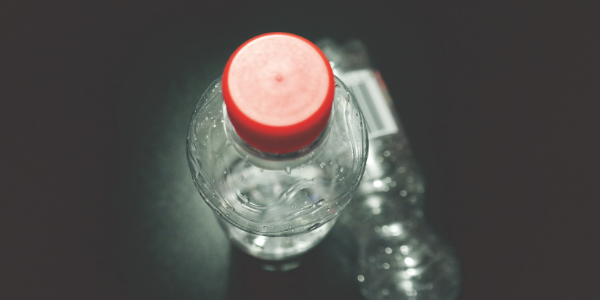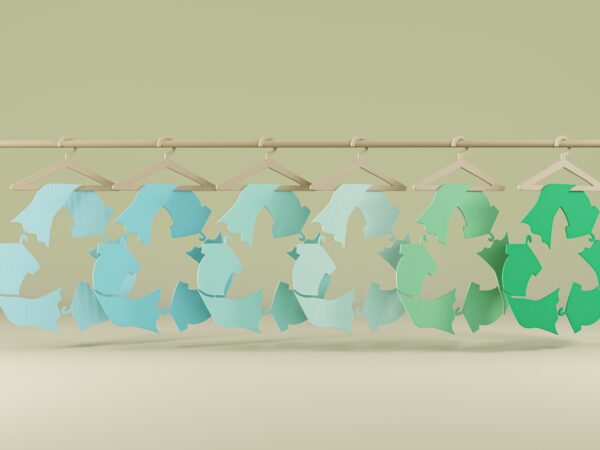
From Plastic to Recycled Fabrics
With the worsening effect of our actions on the environment, sustainability is becoming an essential topic across industries. Ellen MacArthur’s Foundation published a piece showcasing that textile production creates about 1.2 billion tons of greenhouse emissions annually. Another way to look at it is the equivalent of one garbage truck full of textiles being thrown in a landfill or burnt every second. This, alongside the low rate of recycling, leads to ever-expanding pressure on resources and identifying practices to reduce this waste.
Ethical Clothing Efforts
The term ‘ethical clothing’ can be interpreted in many ways. Ethical clothing represents the idea that the design, sourcing, and manufacturing of clothing maximize its benefits while minimizing its impact on the environment. One manufacturer helping towards this cause is Unifi. Unifi creates premium recycled performance fibers. With its brand name, Repreve®, Unifi has transformed more than 14 billion plastic bottles into recycled fibers. Efforts also expand to clothing brands, retailers, and other organizations to change this situation by finding innovative new solutions to reduce waste in the creation process. While addressing the current plastic pollution crisis, many companies are recycling plastic waste to create unique garments and raise awareness among their consumers about the hazards of plastics on the environment.
What is the Impact?
Transforming plastic into clothing provides a solution to the amount of plastic waste in the oceans or landfills. Creating these fibers uses 50% less energy than you need to manufacture virgin polyester. It also releases 55% fewer carbon emissions and uses 20% less water. Finally, not only does turning plastic bottles into textiles help the plastic waste issue, but it also creates jobs in areas of recycling management programs to assist in the prevention of large-scale pollution.
If you’re interested in more information about sustainable fabrics, please visit Beeco, where they have the ultimate guide to sustainable materials.






